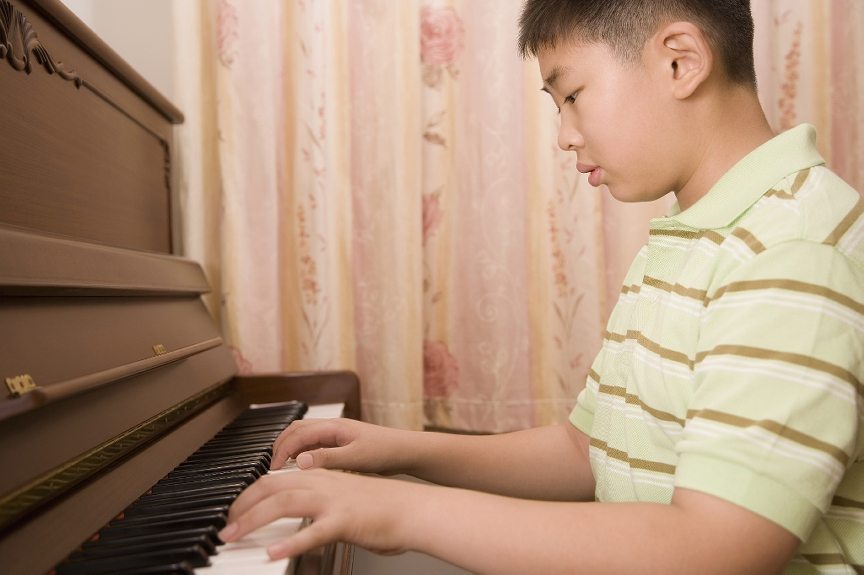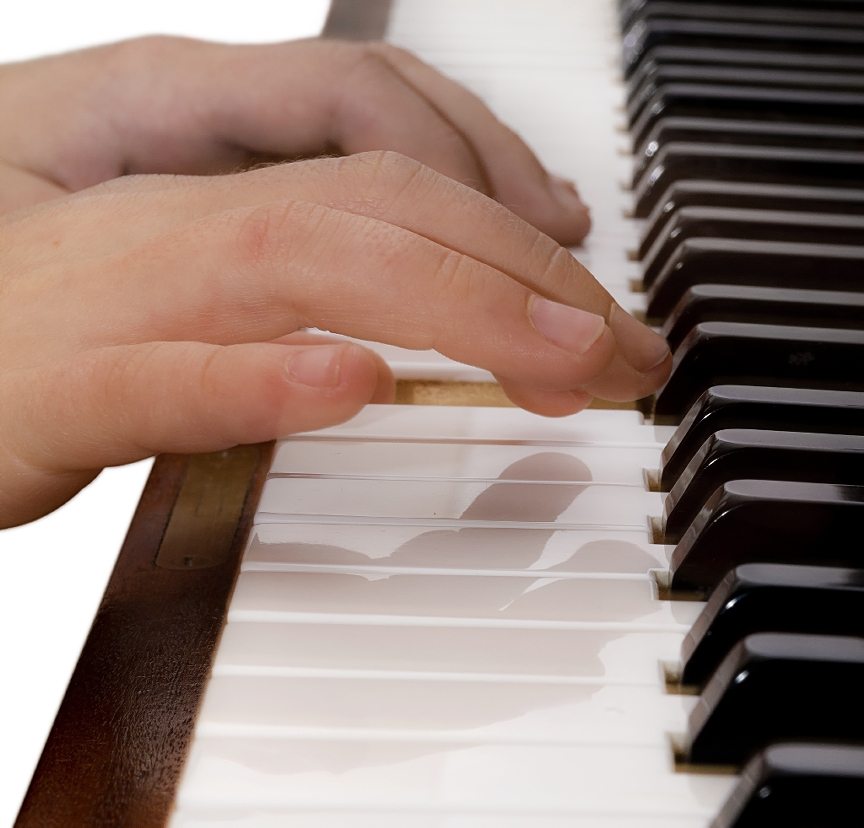At the age of four, Arthur Rubenstein was already known as a piano prodigy, whereas Lang Lang,
How Ready Is Your Child to Play the Piano?
To determine accurately if your child is ready to play the piano, find out if your child can do any of the following:
- Tell her left hand from the right hand?
- Move her fingers individually, including her pinky finger?
- Read a few straightforward words and sentences?
- Sit still, concentrate, and follow easy instructions for at least 30 minutes?
- Count and recite all the alphabets?
- Identify the pattern of black and white keys on a piano?
If your answer is yes to all the aforementioned questions, she has a very good chance of success in beginning her piano lessons at her current age. The level of development comes at a dissimilar age for every child and it normally occurs between the ages of four and six. However, it can even be a little sooner. In general, children are more than prepared to begin their piano lessons by the age of eight.
Will You Be able to Help Your Child Practice?
It is imperative that you also determine if you are able to help your child practice the musical instrument once she begins her lessons. The more eager you are to supervise your daughter’s practice and be involved regularly, the sooner she can start her lessons. Most children are not capable of convincing themselves to practice, reading their piano teacher’s written notes, and deciding what to practice during the day. I believe that your child’s progress will be quicker if you are prepared to:
- Sit in during the first few piano lessons, so that you can learn the basics with your child
- Administer her sessions, by sitting beside her and telling her what to do
If you are not willing to do or have the time to do this, her progress will turn out to be much 
Hire a Reliable Piano Teacher
Keep in mind that not all piano teachers will teach children below the age of six, or even seven. A majority of the teachers may perhaps suggest that your child begin in a preschool music program. However, if all the factors above seem accurate and your child wants private and formal piano lessons, you should certainly shop around for the right piano teacher.
When choosing the right teacher for your child, make sure that the teacher:
- Believes that your child is ready
- Gets along with your child
- Pushes her enough, but not to the extent that she fears, stresses, or cries
- Makes the lessons decidedly enjoyable
If the teacher fits all of the above, then clearly he is the right person to hire. It does not hurt to try out a few teachers to ensure that your child is also comfortable with him or her.
Do you think that your child is ready to take on piano lessons?






